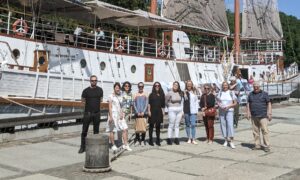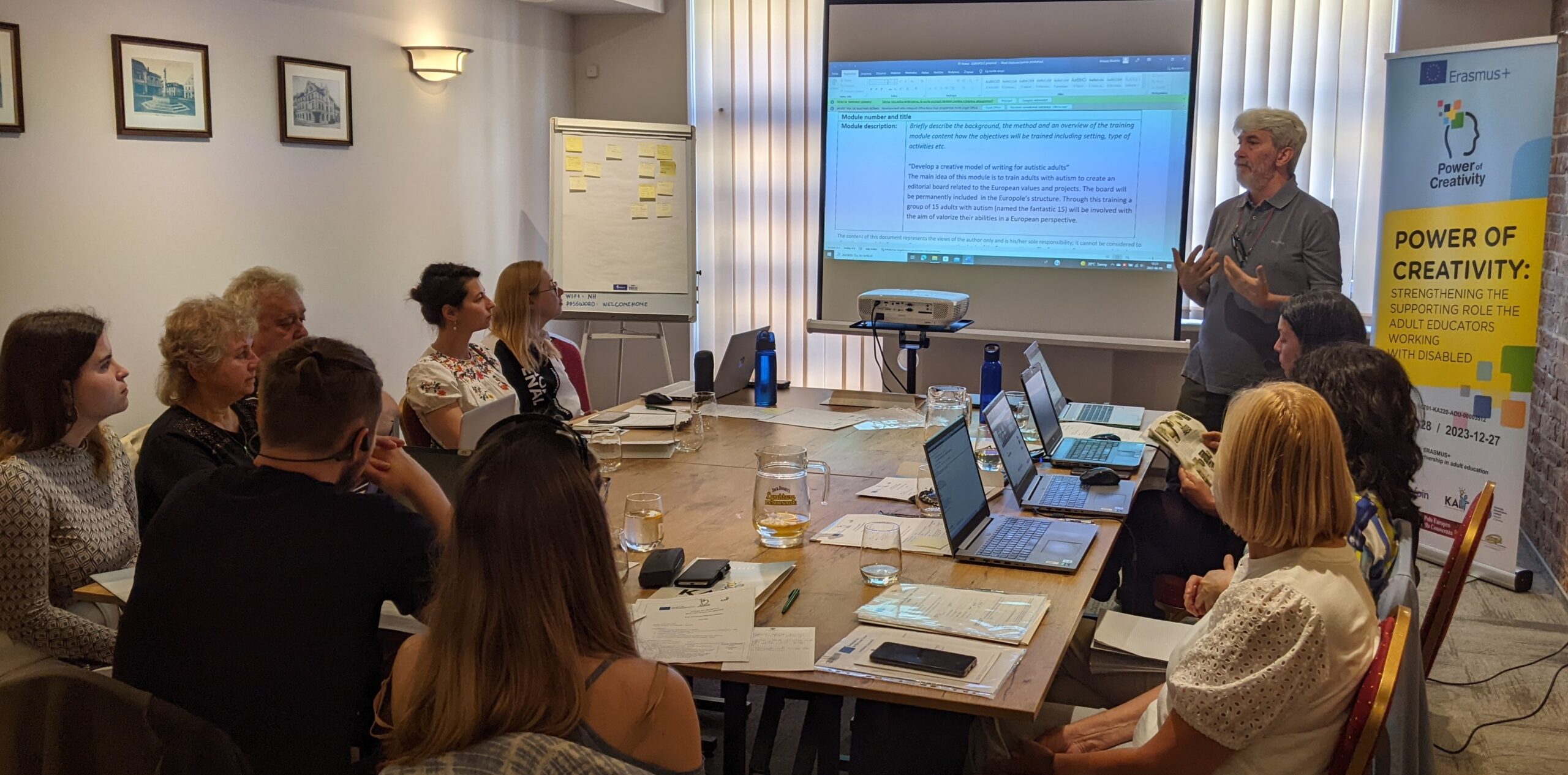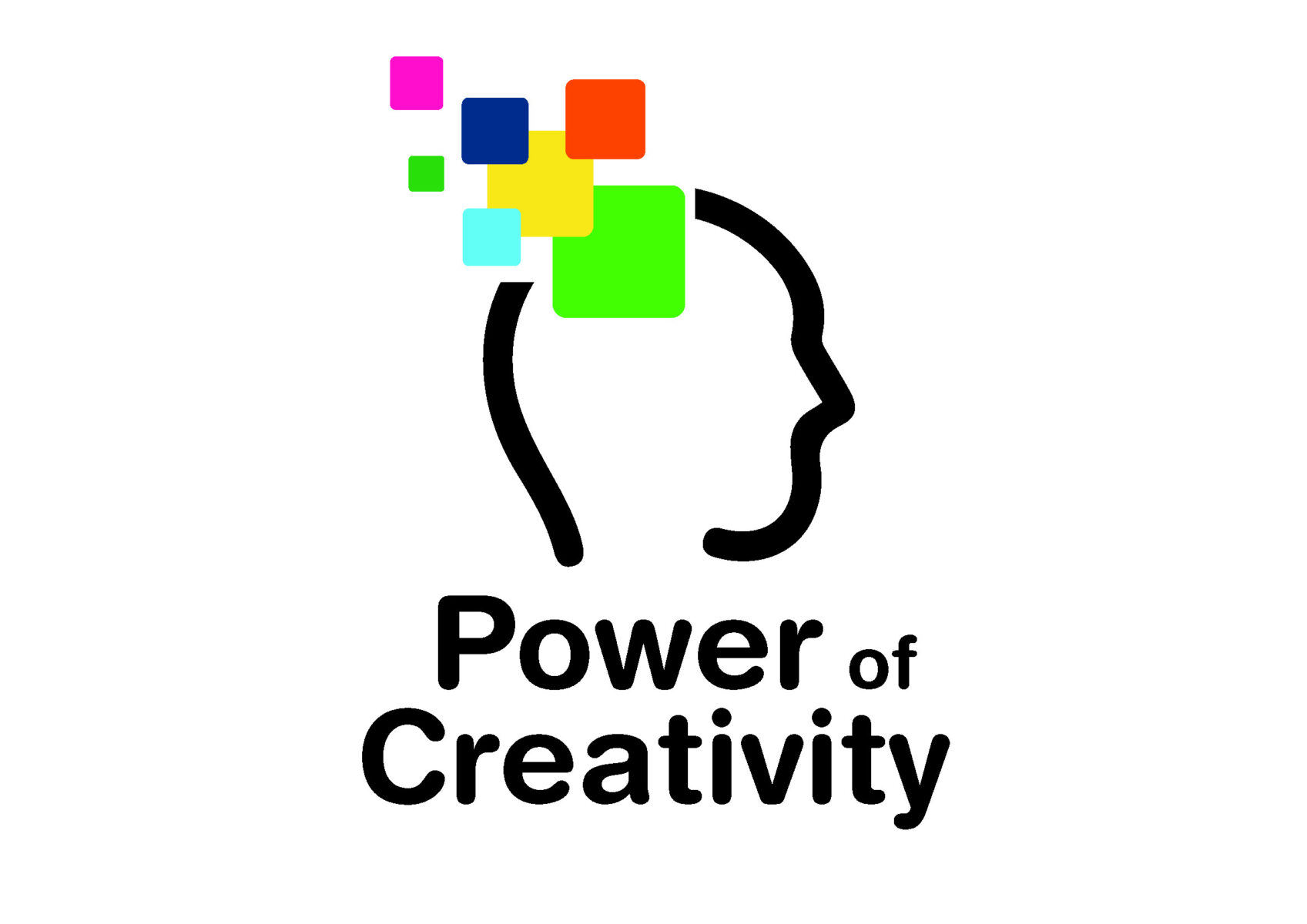Face Equality kickoff
The team in the Erasmus+ project FACE EQUALITY- “innovative training in the health, social and volunteering sectors that will empower people with disfigurements to overcome social and psychological challenges in everyday life” met at the head office of the European Cleft Organisation in The Hague on the 14th of January 2023.
Partners from Holland, Cyprus, Greece, Romania, Spain, Serbia, Sweden and Triskelion from Norway form the specialist team developing a 1- day training course for families affected by visible differences.
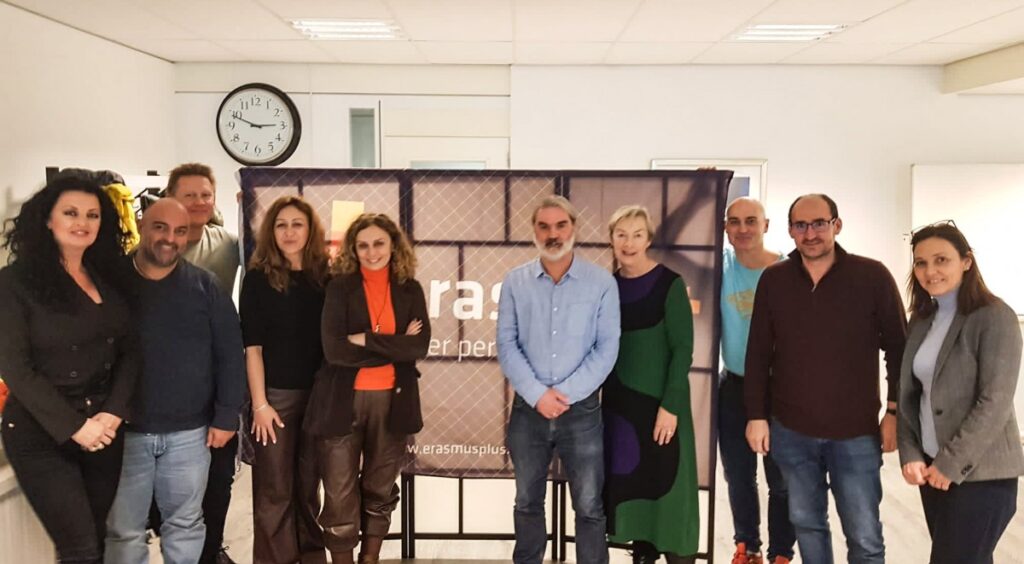
International Conference on Neurodegenerative disorders in Sri Lanka
Triskelion is presenting at the first international conference on Neurodegenerative disorders held at the University of Colombo, Sri Lanka on the 9th and 10th of February 2023. European speakers will also be from UK, Estonia, Slovenia, Sweden and Cyprus.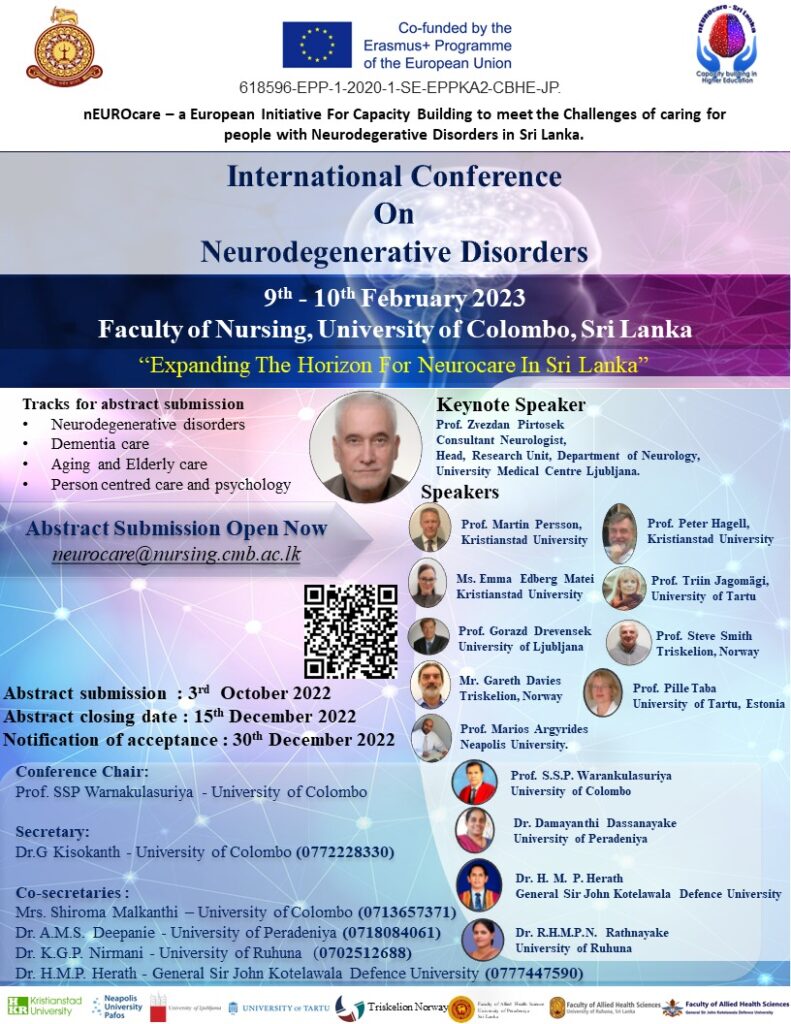
After the conference there will be a workshop at the University of Peradeniya in Kandy, Sri Lanka between 13th to 15th February.
UPCOMING EVENT
European College of Sport Science annual forum will be held in Paris 4.-7. July 2023
 ECSS has spread its wings globally over its 20+ years and has grown a vast international audience who are passionate about sport science.
ECSS has spread its wings globally over its 20+ years and has grown a vast international audience who are passionate about sport science.
They are a non-profit scientific organisation devoted to the promotion and dissemination of multi-and interdisciplinary research in sport and exercise science. Founded in Nice, France in 1995, they have established themselves as the leading sport science community in Europe, with a truly international demographic.
They aim to:
- Disseminate high quality, innovative science
- Empower the development of young scientists
- Build and retain an engaged ECSS community
- Develop strong partnerships within the private and public sectors
Kickoff meeting in Sweden for the BIIPA- Body Image In Physical Activity project
The partners of the BIIPA- Body Image In Physical Activity met for the first time on Saturday 17th December in Bäckaskog Castle outside Kristianstad, Sweden to plan the course that the project has promised to deliver. The project is a KA220-HED – Cooperation partnerships in higher education- project number 2022-SEO1-KA220-HED-000088261.
We will deliver:
1. a 15.0 ECTS, 450-hour long curriculum for self-paced or facilitated delivery to students in health and sport-related degrees and
2. a 7.5 ECTS, 225 hour -long curriculum for self-paced or facilitated delivery to students in health and sport-related degrees.
The partners in the project are:
Kristianstad University, Paderborn University, University of Porto, Lithuanian Sports University, Neapolis University in Cyprus and Triskelion Norway
Project rationale:
Participation in physical activity and sport has a positive impact on physical and mental health outcomes, and enhanced belonging and inclusion. However, nearly half (46%) of Europeans never exercise or play sport, and that proportion has increased gradually since 2009. Presently, in Europe, 59% of adults are overweight, and of those, 23% are obese, and for children aged 6 to 9 years, the prevalence of overweight (including obesity) was 29% in boys and 27% in girls, which may be a cause for health concerns. Many young people avoid physical activity because they are afraid of judgement and because they have a negative body image, which is associated with lower physical activity and sport participation. Body image is such an influential component and yet 61% of adults and 66% of children report feeling negative or very negative about their body, most of the time. Furthermore, body dissatisfaction is associated with anxiety, depression, and eating disorders. Research suggests that people with higher body satisfaction engage in more physical activity, and that physical activity can have a positive impact on improving body image if special pedagogical and psychological requirements are respected. However, not all young people have access to inclusive and welcoming physical activity and sport environments.
Given the strong connection between physical activity and body image, and the dual role of these targets in reducing mental health issues and weight concerns, it is important that health and physical education professionals are appropriately trained to be able to promote and facilitate inclusive physical activity environments and programs that help to build positive thoughts and feelings about the body, welcome diversity, and overcome barriers to participation.
Final Body Confident Mums meeting
The transnational team of the BCM project met in Ferrara, Italy on the 9th of December 2022 for the final conference. Results from multiplier events, surveys and intellectual outputs were discussed. The team also looked into possible future research questions for national and international research, and potential future Erasmus+ ideas were put forward.
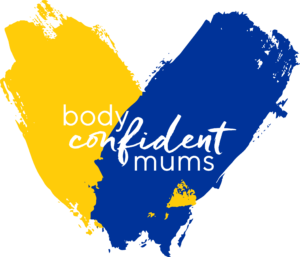
Participation in education conference in Verona
Triskelion was represented by Frida Feline Nilsen and Mikkel Munkvold in the huge international conference “Peace as an educational principle: a school without conflicts”, in Verona, 3rd of December 2022. Our Power of Creativity project was presented there.
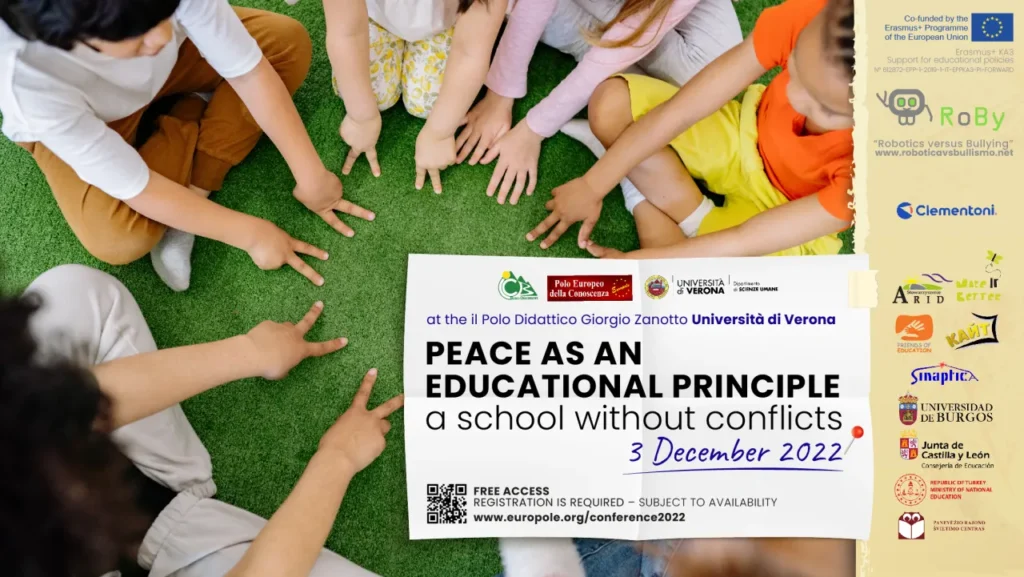
Power of Creativity meeting in Verona, Italy
The partners met again in person for the second transnational meeting of the project. The focus was to discuss the result of the first teaching material development.
In addition, they attended the conference “Peace as an educational value – a school without conflict“, organised by the Italian partner Polo Europeo della Conoscenza in collaboration with the University of Verona.
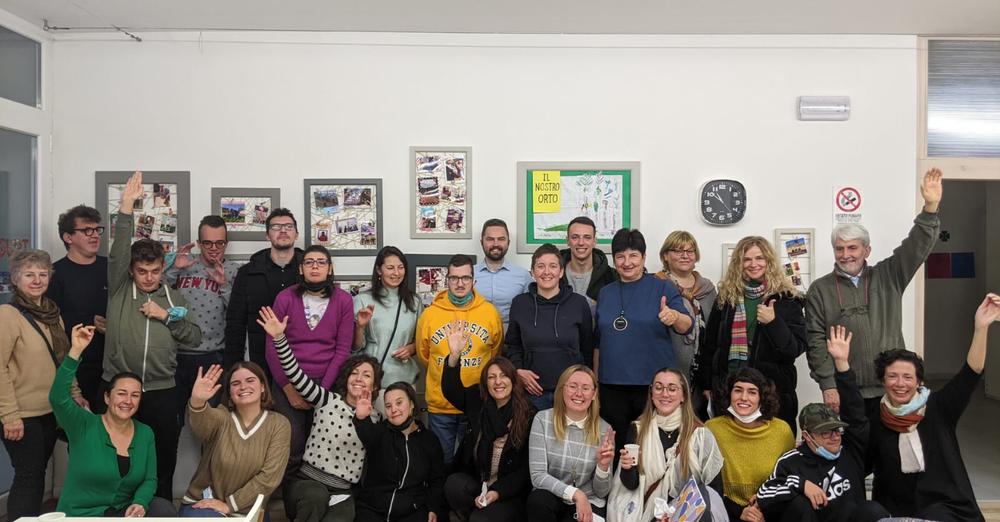
More people want cosmetic surgery after Zoom meetings
The Swedish television company reports that there are increased wish for plastic surgery after the boom of Zoom meetings during the pandemic. Martin Persson is interviewed in this Swedish TV clip:
New project approved- Body image and inclusive physical activity (BIIPA)
A new Erasmus + project has been approved for Triskelion and the first online kickoff in “
Body Image and Physical Activity – a psychological, educational and public health perspective for higher
education” was held on the 20th of October 2022.
The lead partner is University of Kristianstad, and in addition to Triskelion, Paphos University, Lithuanian Sport University, Paderborn University and Porto University are partners.
Participation in physical activity and sport has a positive impact on physical and mental health outcomes, and enhanced belonging and inclusion. However, nearly half (46%) of Europeans never exercise or play sport, and that proportion has increased gradually since 2009. Many young people avoid physical activity because they are afraid of judgement and because they have a negative body image, which is associated with lower physical activity and sport participation. Body image is such an influential component and yet 61% of adults and 66% of children report feeling negative or very negative about their body, most of the time.
The aim of this project is to develop Body Image and Inclusive Physical Activity [BIIPA] curricula, a 7.5 and 15 ECTS set of teaching modules for students who will become teachers, healthcare professionals, physical education teachers, qualified sports coaches, public health, and health promotion professionals, and 3, stackable micro-credential courses to serve as continuing education for people already working in these professions.
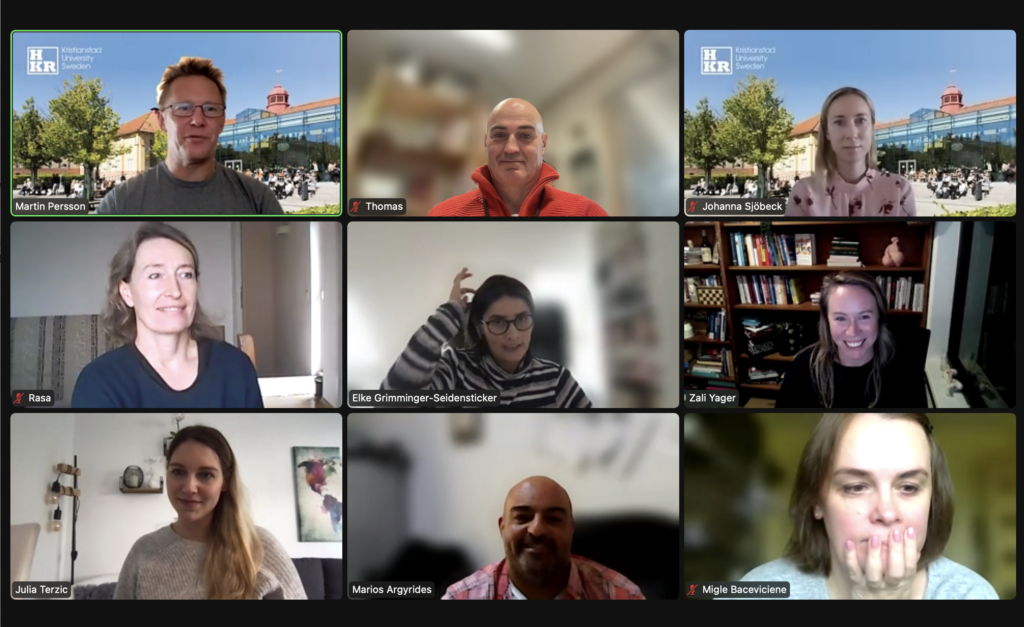
nEUROcare website ready
The nEUROcare project now has the website finalised and ready.
Please see here: nEUROcare website
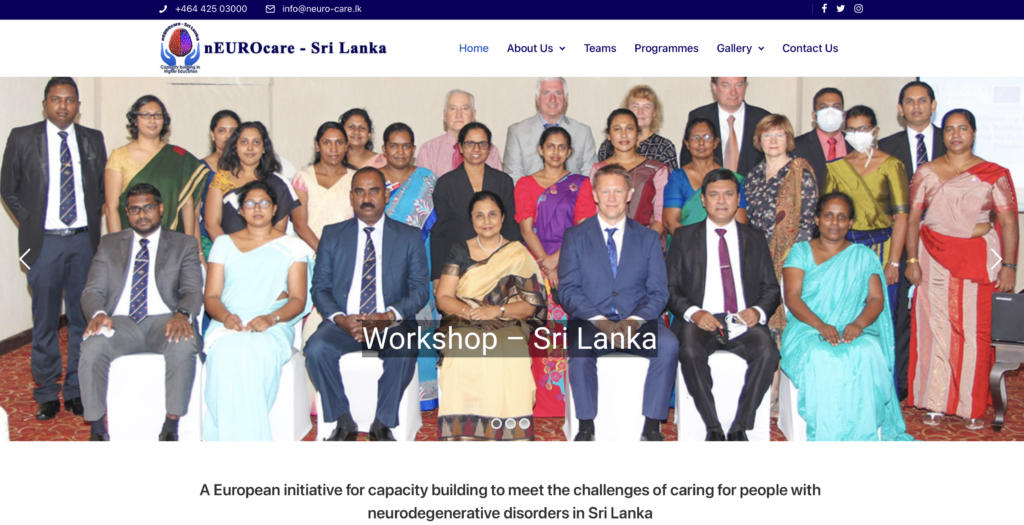
Zali Yager publishes book on Body Image
The essential body image handbook for parents of children and teens by powerhouse change-maker and body positivity activist Taryn Brumfitt and Dr Zali Yager is available from bookstores or Amazon;
EuroTQ project meet up in Ljubljana
The EuroTEQ project partners met up in Slovenia on the 1st of October to discuss the piloting progress and the didactic approach to our course. Triskelion was represented by Amy and Thomas.
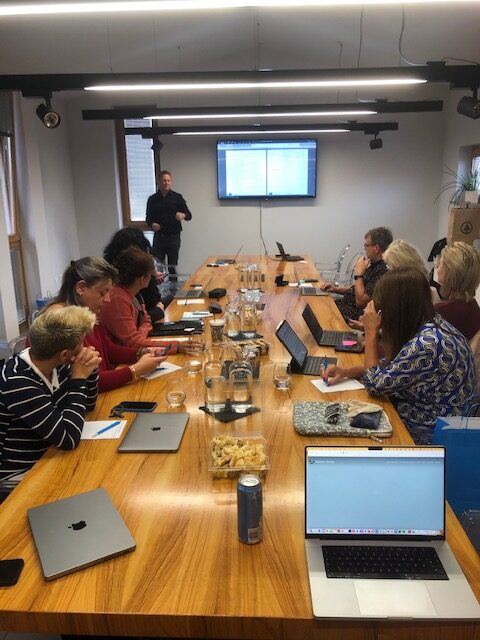
nEUROcare meeting in Tartu, Estonia

The nEUROcare team meet in Kaariku sports complex centre, near Tartu to complete the layout and learning objectives of the masters program in Neurodegenerative diseases. Triskelion was represented by Steve Smith, Gareth Davies and Thomas Nilsen.
Scr4Cleft featured in Dutch Erasmus newsletter
The Scr4Cleft project was featured in the Dutch Erasmus+ newsletter in August 2022.
https://www.erasmusplus.nl/actueel/nieuws/ondanks-corona-project-toch-volgens-schema-kunnen-afronden
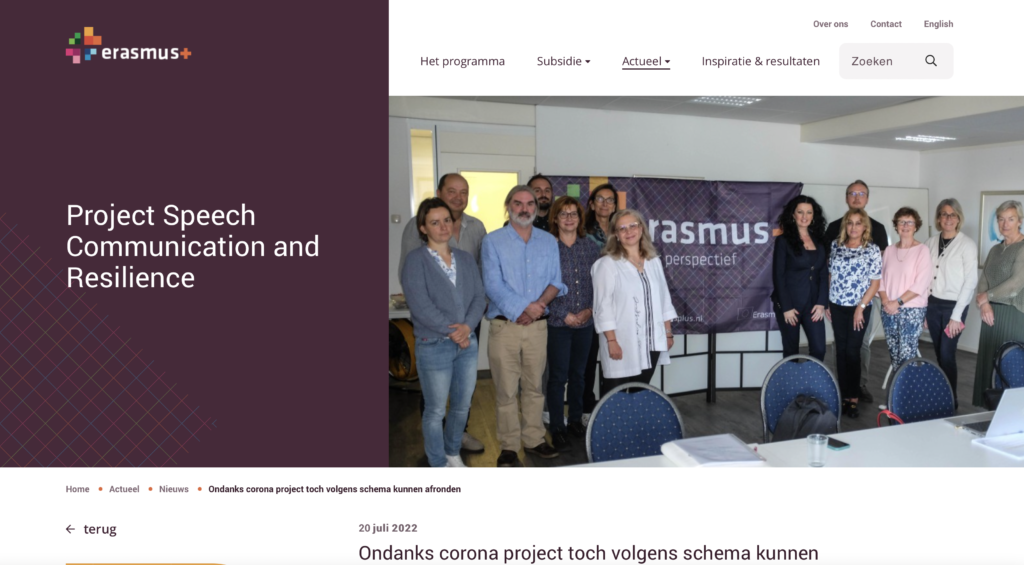
Body Confident Mums in Serbia
Body Confident Mums – An Innovative Health Professionals Training Program to support
maternal mental and physical health
The project partners in the Body Confident Mums met in Nis, Serbia first week of August 2022 to discuss project materials and progress.
The project has published an online trial course that can be reached here.
The final meeting will be held in Italy 9th of December 2022
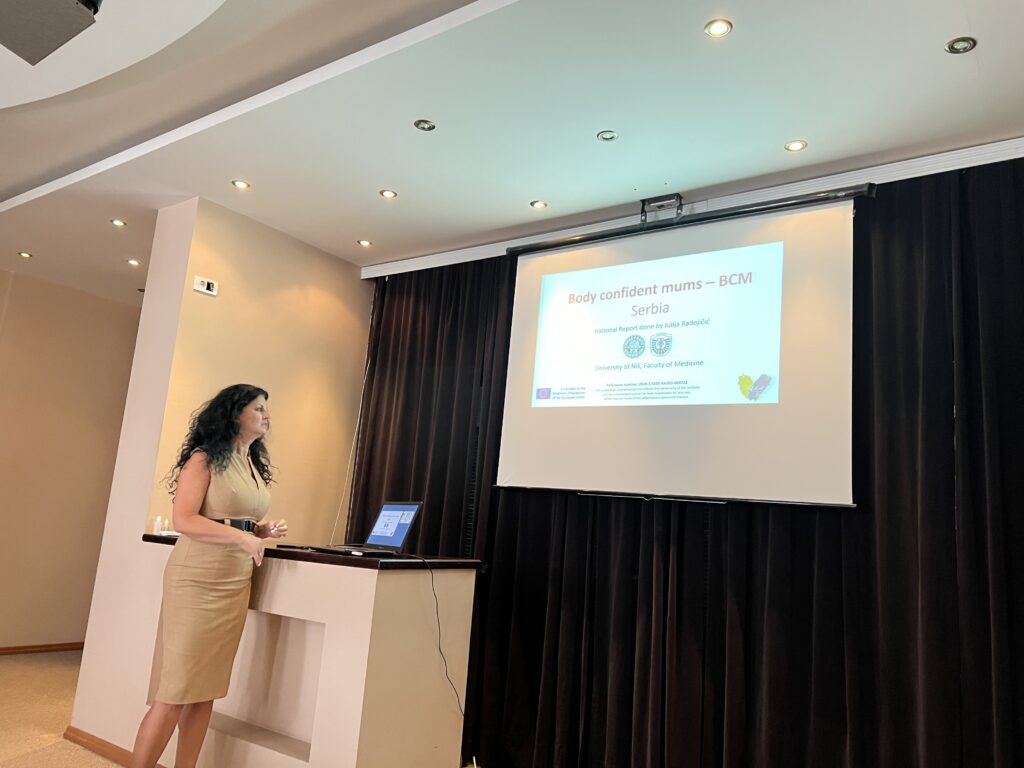
Video Power of Creativity
Here is a link to a video from the kickoff in Klaipeda of the POWER OF CREATIVITY Erasmus+ project
New Erasmus+ project approved!
From Kristianstad University we just got informed that our KA220-HED – Cooperation partnerships in higher education project “Body Image and Physical Activity – a psychological, educational and public health perspective for higher education” was approved by the Swedish national agency.
The project partnership consists of Kristianstad University, Triskelion Norway, Neapolis University, Paderborn University, Porto University and Lithuanian Sport University and has a duration of 28 months, ending on the 31. December 2024.
Project number: 2022-1-SE01-KA220-HED-000088261
Power of creativity project website ready
The Power of Creativity website is ready and can be accessed here:
We have made a movie from the kickoff meeting of the Power of Creativity Erasmus + project
See link: https://www.youtube.com/watch?v=S22VKJE0OxA
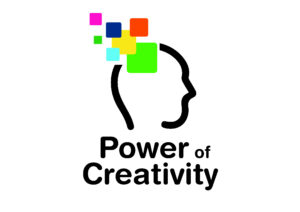
In early June 2022 the first kickoff in the POWER OF CREATIVITY project was held in Klaipeda, Lithuania to discuss the project’s way forward. Frida Feline Nilsen and Mikkel Munkvold represented Triskelion in the meeting and presented the Quality management plan. Already at the first kickoff some ideas for future projects were born.
